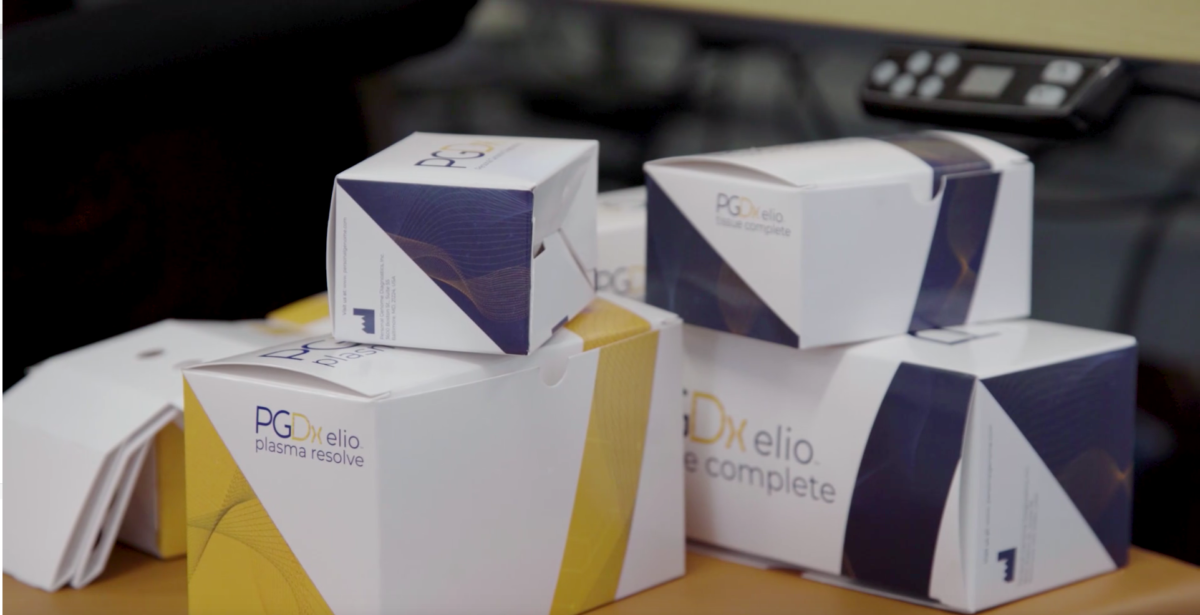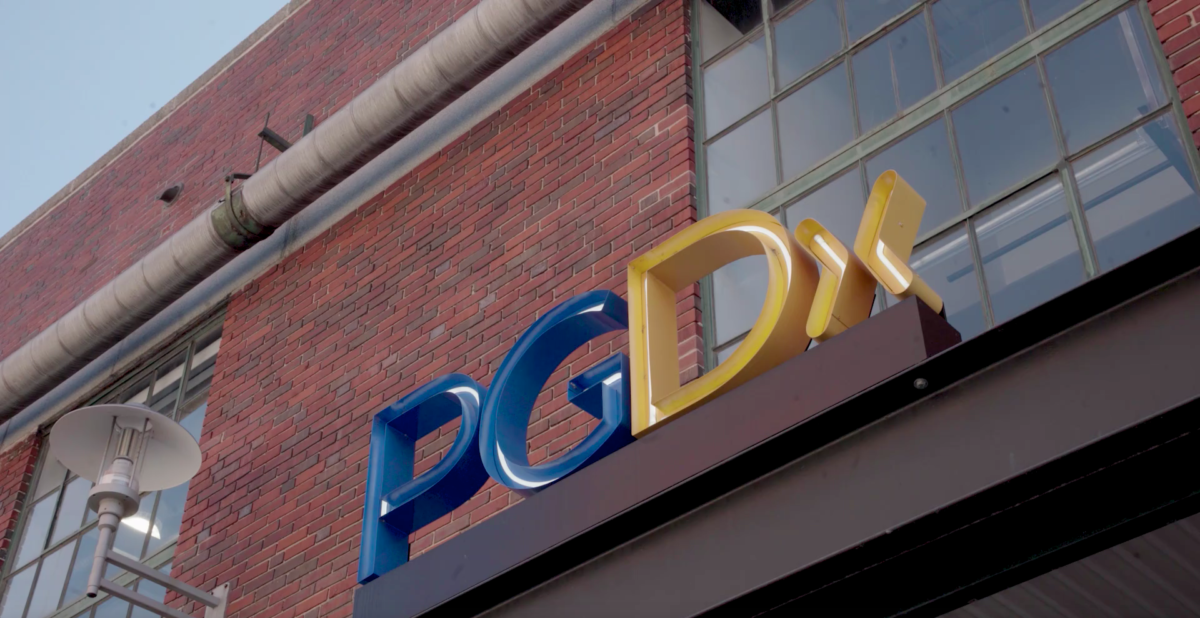Personal Genome Diagnostics reached a key milestone in its effort to make genomic profiling of cancer available to patients and oncologists at the local level — and it’s the first to do so for a product of its kind.
The Canton-based company received U.S. Food and Drug Administration clearance for its diagnostic kit, called PGDx elio tissue complete. Combining chemistry performed on a DNA sample and software that automates the data analysis process, the test can perform genomic profiling of a patient’s tissue sample in molecular labs in a hospital. That can open up access to a level of genomic analysis that currently requires sending samples out to a faraway lab.
It’s also designed to provide actionable results: The information provided could help oncologists and patients make decisions about whether targeted therapies could be a treatment option, and potentially identify opportunities to participate in a clinical trial of a new kind of treatment.
“If you’re a patient you want as many answers as possible in the shortest amount of time possible that could inform your treatment decisions,” said Megan Bailey, who was promoted as CEO of the Canton-based company last week. “Now that can be a matter of days with complete answers out of a single sample.”
For many companies seeking to bring advances in healthcare, regulatory approval from the FDA is an important step that signals a product is both safe and effective. It also means the product can enter the market.
In this case, PGDx received 510(K) clearance, which is used for medical devices. That required verification and validation studies to show results, as well as verifying that results were the same no matter where the test was run, said Dr. John Simmons, who is the company’s VP of translational medicine. He added that this meant working with thousands of samples, and 15,000 hours of sequencing time.

It produced a standardized test that can analyze across 35 tumor types and nine organ systems seeking specific anomalies in DNA and gene expression in more than 500 genes. Now, it is cleared for advanced cancer patients with a solid tumor.
“This is the first FDA-cleared next generation sequencing diagnostic that does all of those things,” Simmons said. “No previous test was that comprehensive in nature.”
The company’s path shows how Baltimore’s breakthroughs can have a commercial path. Founded by Johns Hopkins researchers Dr. Victor Velculescu and Dr. Luis Diaz, the company raised a $75 million investment round in 2018 led by Bristol-Myers Squibb and NEA, and has also expanded its footprint to a second location in Brewers Hill. Bailey said the company is “very proud” to be a fledgling company from Baltimore that became the first to receive clearance in the market.
Along the way, the team has been motivated throughout to meet the need among patients, as Bailey said less than 20% get a genomic-level profile.
“Our mission here is to empower the fight against cancer,” she said. “Fighting is the best shot at beating it and that’s why this clearance is so exciting and significant to us.”







